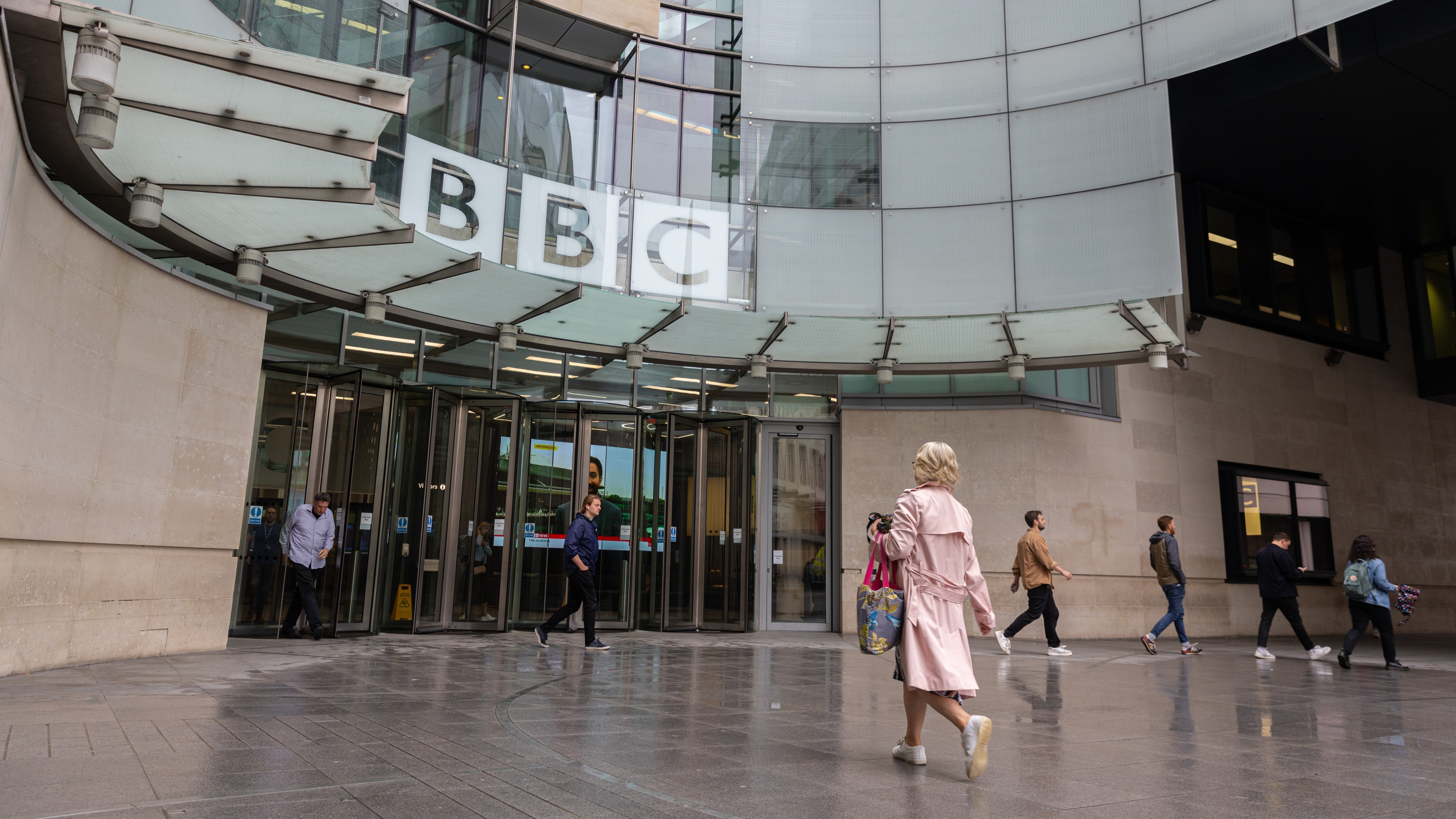Global pay TV penetration will see its first yearly decline ever next year, according to research by Ampere Analysis.
The predicted fall in global pay TV penetration – which measures the number of pay TV subscriptions relative to the number of households – will come after it peaked at 60.3% in Q4 2023.

By 2028, global pay TV penetration will have fallen by almost four percentage points by Ampere’s forecasts.
In North America, pay TV penetration has almost halved from a high of 84% in 2009 to 45% in 2023 caused by a combination of high costs and competition from the SVOD market.
Despite this decline, the annual revenue generated per user will sit at over $1,100 in 2023 across North America, the highest across any region.
Latin America has also shown large declines in penetration since 2016. This is largely led by Brazil, which has posted a drop of roughly 10 percentage points since its peak pay TV penetration of 42% in 2016.
Although North America and Latin America are driving this shift, all regions will be in pay TV penetration decline by 2025.
By contrast, Asia Pacific and Europe have seen the highest penetration growth in recent years, with large gains coming from China Mobile after it acquired an IPTV license in 2018. This growth has mostly been driven by low-cost IPTV services, which are often bundled into broadband packages for a low or nominal cost. While these regions will also fall into decline after 2025, there are still some growth markets, such as Portugal, Serbia, Hungary which are expected to see further growth in the forecast period.
Rory Gooderick, Senior Analyst at Ampere Analysis, said: “Growth in global pay TV uptake has been driven over the last five years by Asia Pacific and Central & Eastern Europe. However, declines coming from the Americas, which are driven by streaming competition and the high price of pay TV in North America, currently sitting at over $90 a month, will contribute to global pay TV penetration declining for the first time in 2024.
“However, despite the projected decline in the reach of pay TV products, cable and satellite platforms will remain a powerful force in the TV world, and important distribution partners for streaming products, as evidenced by the recent distribution deal between Disney and Charter in the US, which saw select Disney streaming services bundled into Charter’s TV packages. This package structure, already increasingly common in Europe and parts of Asia, offers a framework for traditional cable TV companies to transition their business into a streaming aggregation play, and stabilise subscriber trajectories.”

Stephen Nuttall unveiled as new Chair of IBC’s Partnership Board
Stephen Nuttall has been appointed as the new Chair of IBC’s Partnership Board. Made up of representatives from each of the six partner organisations which own IBC (IABM, IEEE, IET, RTS, SCTE and SMPTE), the IBC Partnership Board provides the governance and strategic oversight of IBC.

Saleha Williams appointed CEO of IABM
Saleha Williams has been appointed as the Chief Executive Officer (CEO) of IABM.

Comcast sets leadership team for ‘SpinCo’ cable unit
US media and telco giant Comcast has unveiled the leadership team for SpinCo as it prepares to spin off its cable television portfolio later in the year.

Labour exploring ‘alternative funding options’ to BBC licence fee
UK Culture Secretary Lisa Nandy is reportedly considering scrapping the BBC licence fee at the end of the Corporation's current charter in December 2027.

BBC Director-General Tim Davie to head Creative Cities Convention speakers
BBC Director-General Tim Davie has been lined up as one of the key speakers at this year’s Creative Cities Convention, being held from May 7–8 in Bradford as part of its UK City of Culture 2025 celebrations.




